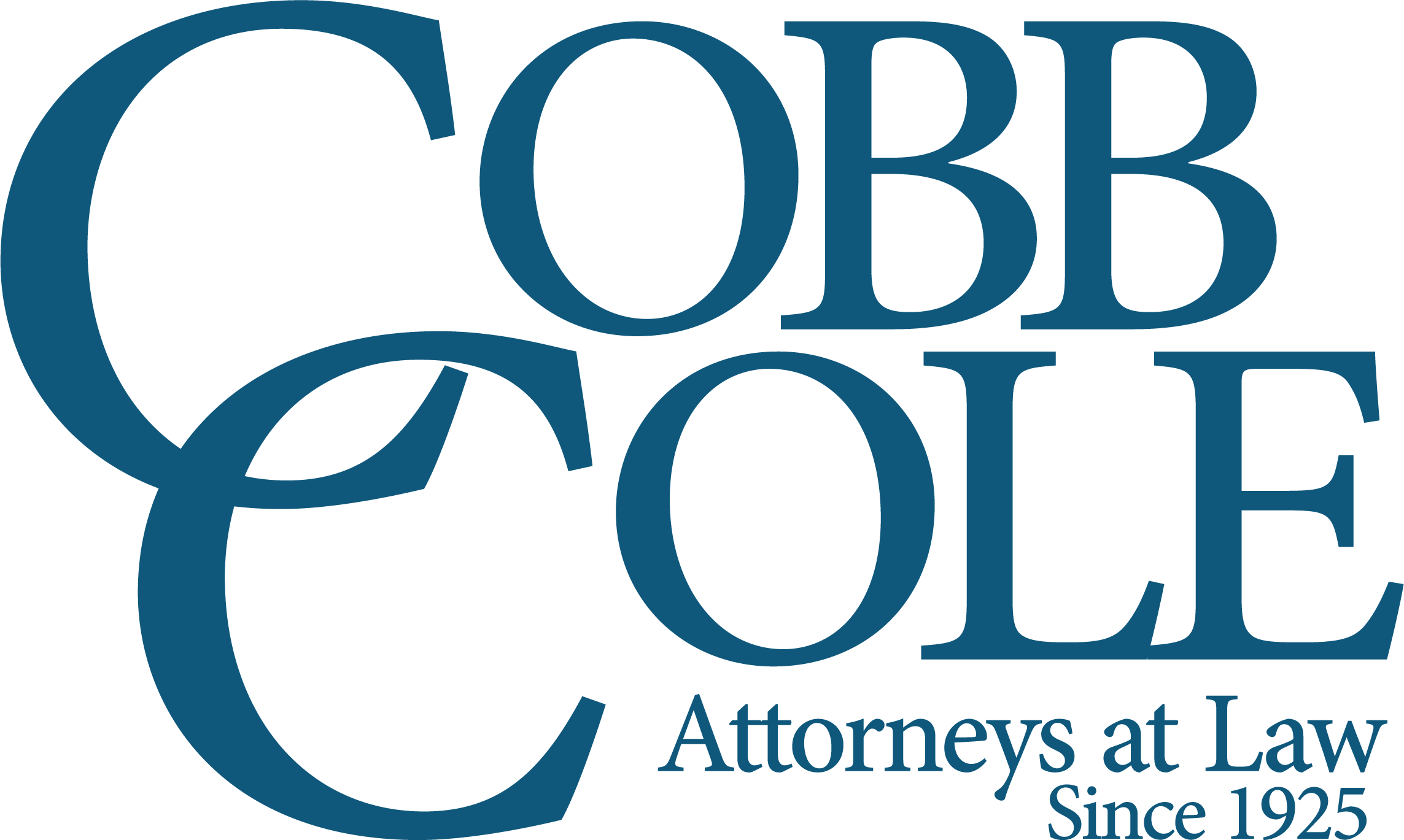Getting a construction project from idea to opening in Florida means following a sequence of steps that will extend far beyond just pulling permits. The process starts with visioning and master planning and moves through regulatory compliance, environmental review, technical permitting, building permits, inspections, and, ultimately, the issuance of a Certificate of Occupancy (CO). Understanding where each stage fits helps developers, landowners, and contractors plan for realistic timelines and anticipate challenges.
Staying On Track Through The Permitting Journey
1. Master Planning, Local Regulatory Compliance
Local jurisdictions set the stage with comprehensive plans for growth, infrastructure, and zoning. When your vision doesn’t align with those plans, you must engage with local officials to identify if there is a potential path forward to allow your requested changes. This might involve zoning changes, conditional use approvals, or comprehensive plan amendments. Florida rules require certain changes to include public notice and hearings, so familiarity with local procedures matters.
This is where land use attorneys help shape your approach to align your vision with both planning goals and legal realities. Whether you are redeveloping an infill parcel or assembling land for a new commercial development, this first phase often sets the tone for every approval that follows.
2. Concept Refinement, Technical Permitting
After obtaining the proper land use and zoning, your plans move into technical review, something Cobb Cole’s Land Use & Zoning team supports by structuring requests to secure approvals while addressing environmental, vehicular, or infrastructure impacts. This stage includes site engineering, stormwater planning, drainage, traffic, and environmental permitting.
At this stage, the team may also coordinate with engineers, architects, and consultants to ensure that your proposal meets local and state environmental standards, especially when sensitive wetlands, shorelines, or other environmental features are involved. A targeted permitting strategy saves both time and expense later.
3. Building Permits, Inspections, Environmental Oversight
Building permits require adherence to the Florida Building Code, environmental laws, local ordinances, and inspector requirements. Projects may face scrutiny at several tiers: local, state, and sometimes federal agency review. Combined insights from the Firm’s Environmental Law and Construction & Design groups will guide efficient documentation, site control, and inspection review.
Failing to account for overlapping jurisdictions, such as state or federal stormwater permits and local stormwater and floodplain requirements, can lead to delays. Legal support at this stage ensures that permit conditions and inspection timelines are properly sequenced with construction schedules and delivery commitments.
4. Certificate of Occupancy, Project Closeout
Once inspections are passed, fees have been paid, and as-built drawings are submitted, jurisdictions issue the Certificate of Occupancy. That final stamp means spaces are habitable and meet code requirements. Until that CO is secured, utilities and occupancy are generally prohibited. For property conversions or occupancy changes, building review and the need for a CO may still apply. The Firm helps clients structure timelines to align delivery milestones with CO issuance.
This final phase is often where coordination matters most. Just as a project seems so near completion and a new venture is ready to open its doors, delays in obtaining the CO can be both frustrating and costly. Such issues can impact leases, financing, and public openings. Having counsel involved can help you address last-minute considerations or disputed interpretations, leading to fewer unknowns as you move toward full operation.
Why Early Legal Guidance Matters
Permitting may feel remote from business goals, but it affects everything:
- Early clarity on zoning or environmental constraints reduces scope conflicts later.
- Structured planning documents prepare you for clean sign-offs and smoother inspections.
- Collaboration across practice groups—including environmental and construction lawyers—helps synthesize a clearer picture concerning technical, legal, and financial matters.
Permitting isn’t just a box to check. Early input helps to align your project with zoning goals, streamline environmental analysis, and prepare for permit issuance. That, in turn, helps prevent surprises during construction review and positions your project for smoother execution.
Starting strong with a clear strategy and a team ready to engage with local processes turns permitting from a hurdle into an opportunity that aligns project goals with process realities.
How Cobb Cole Helps You Move Forward
The permitting path is complex. With early, integrated support, your project has greater clarity and resilience across approval steps and timelines.
Engaging the Firm’s Land Use & Zoning attorneys means you will also receive the insights of our Environmental Law and Construction attorneys. Those connections support strategy across zoning and entitlement review, environmental compliance, design submission, and contract negotiation. A collaborative team approach means all relevant perspectives work together to help your project stay on track through every review, revision, and regulatory hurdle.
Permit review steps differ depending on location: municipal or county processes vary, but early planning, stakeholder alignment, and informed submissions make the journey more manageable, more predictable, and better aligned with your project’s goals.

